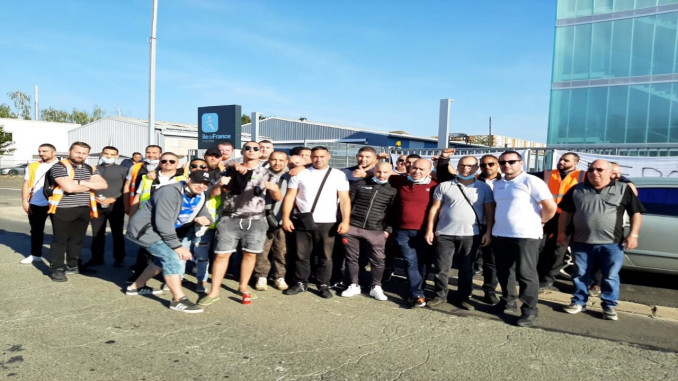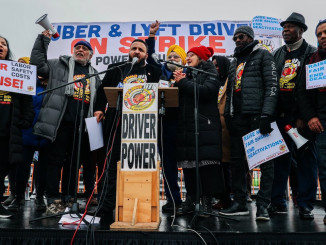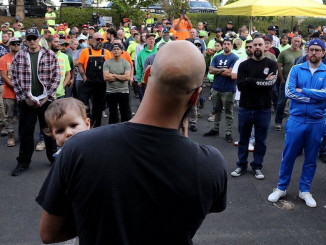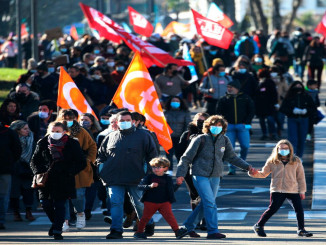
In September, a strike started in several bus stations in Ile-de-France (the area surrounding Paris). Workers are very angry. In several stations, 100% of the workers have gone on strike, except for temporary workers. The main reason for the strike is to oppose the bosses’ attempt to reorganize workers’ scheduled hours, which would lead to a significant loss of wages and worsen their working conditions.
The cause of the conflict is the ongoing deterioration of working conditions that have been imposed since the renegotiation of contracts, since the bus lines in the greater Paris area are being opened up to private companies competing against each other for contracts. The Ile-de-France contracts were won by the company Transdev, which rushed to try to change the working conditions. The biggest attack is a proposed reorganization from yearly to weekly work schedules.
With the new proposal, workers would only know their schedule a week in advance. So much for family life! Workers who live far from the job have to stay close to the job site between their two shifts. If workers have down time between shifts, the company is trying to avoid paying them for all the time they have to wait and saying they will only pay the full amount for the first 7 minutes and then keep reducing it until it is down to nothing at all. This is also an attack on wages, with the loss of about 500 euros per month. Workers at Transdev say: « at Transdev, it’s work more to earn less ,» adapting a slogan made famous by Sarkozy, the former French president who said: « work more to earn more! »
With the introduction of competition in public transportation, other companies in the sector will also try to attack wages and working conditions in order to reduce costs, win contracts and increase their profits. These attacks threaten to spread to all transport workers, and in particular to bus drivers. In Paris, over the next two years, there is a plan to dismantle the RATP, which is a state-owned industrial and commercial public institution. It currently operates the sixteen lines of the Paris subway, eight of the eleven lines of the Île-de-France tramway, part of the Île-de-France bus network, and part of lines A and B of the Île-de-France regional express network. The RATP would be replaced by creating multiple companies. Of course, these companies would try to force workers to agree to concessions to help them win the competition for contracts!
This strike is politically very important for workers in France, because it’s one of the first reactions to the privatization of public transport. The strike is being watched closely by many transport workers (subway, bus, railway), some of whom have already come to support this strike, because they know it is a fight that concerns them all.




